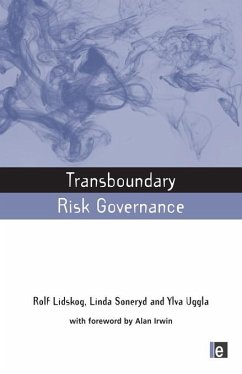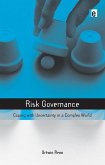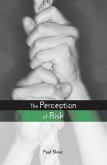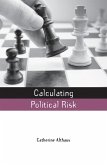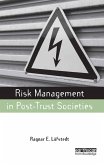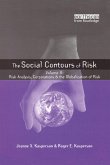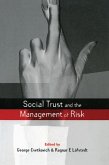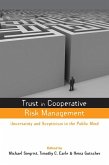Governing environmental risk, particularly large-scale transboundary risks associated with climate change and pollution, is one of the most pressing problems facing society . This book focuses on a set of key questions relating to environmental regulation: How are activities regulated in a fragmented world - a world of nation states, regulators, domestic and international law and political contests - and one in which a range of actors, such as governments, corporations and NGOs act in order to influence regulations in specific policy areas? How are complex and trans-boundary environmental issues managed? What role does expert knowledge play in regulating this kind of issues? What give rules authority? In short, how do actors try to render an issue governable? Drawing on regulation theory, discourse theory and science and technology studies, and employing original research, the authors analyse the regulation of four kinds of complex and trans-boundary environmental issues: oil protection in the Baltic Sea, mobile phones and radiation protection, climate change adaptation and genetically modified crops. The outcomes include insights for policymakers, regulators and researchers into how dominant frames are constructed, legitimate actors are configured and authority is established. This in turn exposes the conditions for, and possibility of, developing regulation, making authoritative rules and shaping relevant knowledge in order to govern complex environmental risks.
Dieser Download kann aus rechtlichen Gründen nur mit Rechnungsadresse in A, B, BG, CY, CZ, D, DK, EW, E, FIN, F, GR, HR, H, IRL, I, LT, L, LR, M, NL, PL, P, R, S, SLO, SK ausgeliefert werden.

